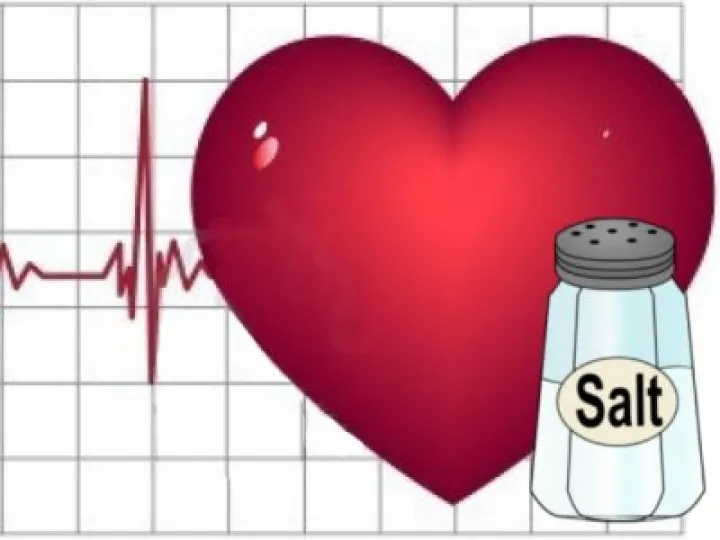For well over 30 years, medical scientists have been raising concerns over the amount of sodium (salt) in our modern diets. Meanwhile, prominent members of the food industry have tried to 'muddy the waters' with false or misleading claims concerning the so-called "lack of evidence" for any negative health effects attributable to high dietary sodium consumption.
Why would some members of in the food industry like to retain high levels of sodium in manufactured or processed foods? Among other characteristics, salt can act as a preservative and hence extend the shelf-life of such foods. It can also help to maintain higher levels of water content, thereby increasing the weight of purchased product.
In the early 1980s, your editor was responsible for conducting a research programme at Nottingham Medical School which indicated that a low sodium intake and a high potassium intake was associated with a lower tendency to develop high blood pressure. In the intervening years, large scale clinical studies across the globe have pointed to very similar conclusions. The most recent research projects have just been published in the British Medical Journal.
Their headline conclusions? Cutting down on salt and, at the same time, increasing levels of potassium in our diet will have major health and cost benefits across the world.
Such a strategy will save millions of lives every year from heart disease and stroke.
Much evidence shows that reducing salt intake lowers blood pressure and thereby reduces the risk of stroke and heart disease. Less is known about the potential benefits of increasing potassium intake, but lower potassium consumption has been linked with elevated blood pressure.
The World Health Organisation has therefore set a global goal to reduce dietary salt intake to 5-6 g (about one teaspoon) per person per day by 2025, yet salt intake in many countries is currently much higher than this. In the UK, NICE recommends a reduction in salt intake to 3 g per day by 2025 for the adult population.
The first study published in BMJ.com examined the effects of modest salt reduction on blood pressure, hormones, and blood fats (lipids) from 34 trials involving over 3,000 adults.
It found a modest reduction in salt for four or more weeks led to significant falls in blood pressure in people with both raised and normal blood pressure. The effect was seen in white and black people and in men and women, thereby reducing strokes, heart attacks, and heart failure across populations.
However, the researchers believe current recommendations "are not ideal" and say a further reduction to 3 g per day "should become the long term target for population salt intake."
Similar results were found in a second analysis of 56 other studies. It found that reduced salt intake reduces blood pressure and has no adverse effect on blood lipids, hormone levels, or kidney function. Moderate quality evidence in children also showed a reduction in sodium intake reduces blood pressure.
Lower sodium intake was also associated with reduced risk of stroke and fatal coronary heart disease in adults. "The totality of evidence suggests that reducing sodium intake should be part of public health efforts to reduce blood pressure and cardiovascular diseases, and will likely benefit most individuals," conclude the authors.
A third study analysed data on potassium intake and health from 33 trials involving over 128,000 healthy participants. Potassium is found in most fresh fruits and vegetables and pulses (legumes).
The results show that increased potassium intake reduces blood pressure in adults, with no adverse effects on blood lipids, hormone levels or kidney function. Higher potassium intake was linked with a 24% lower risk of stroke in adults and may also have a beneficial effect on blood pressure in children, but more data is needed.
The researchers also suggest an increased benefit of raised potassium consumption with simultaneous reduction in salt intake.
The World Health Organisation therefore recommends to reduce dietary salt intake to less than 5 g (about one teaspoon) per person per day and set a global goal of a 30% relative reduction in mean adult population intake of salt by 2025, with the aim of achieving the WHO's salt intake recommendation, yet salt intake in many countries is currently much higher than this. In the UK, NICE recommends a reduction in salt intake to 3 g per day by 2025 for the adult population.







